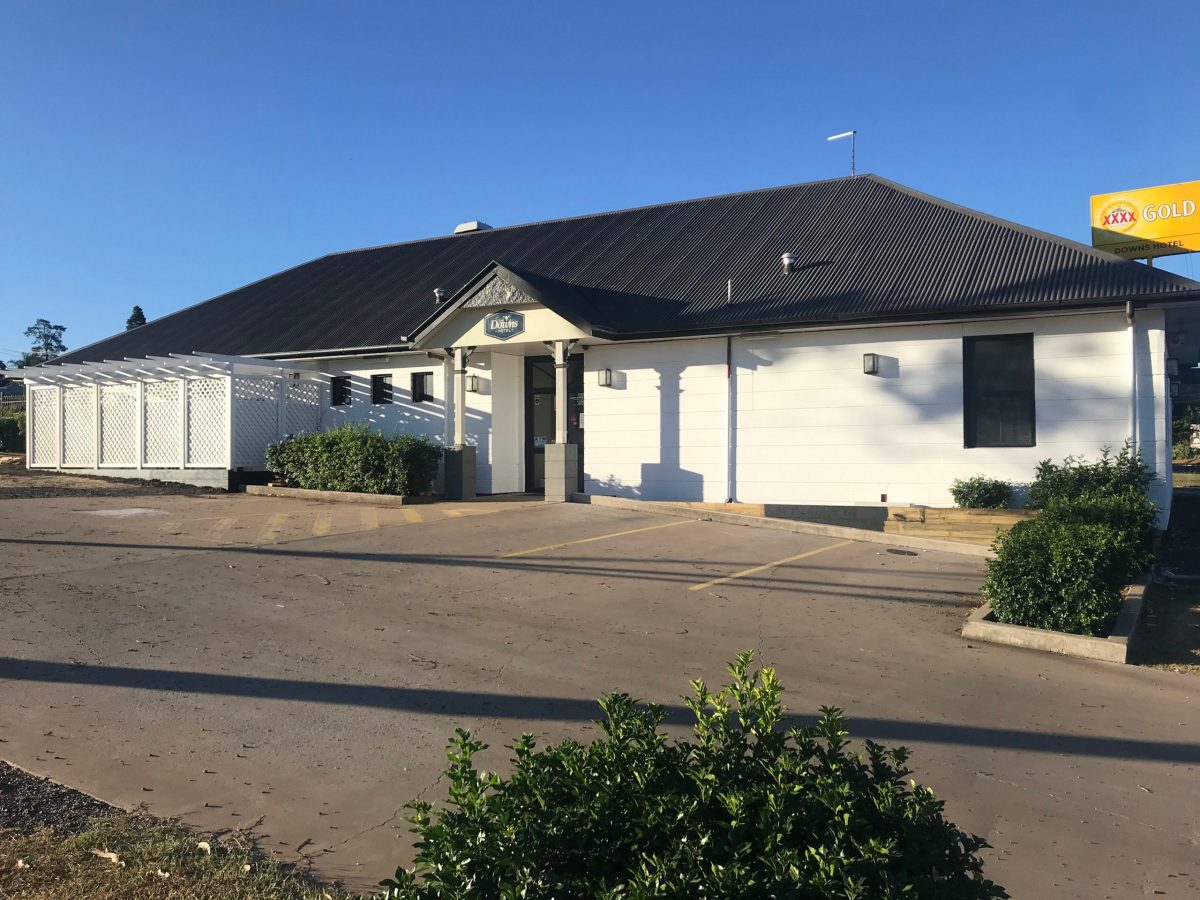Pub operators were dealt a blow late last week, when the Federal Government announced its roadmap to returning Australian society and business to some semblance of normalcy – with pubs in most states and territories having to wait until Stage Three to re-open, at the earliest in July.
While technically pubs can begin to welcome back dine-in customers in the first and second stages, at 10 and 20 people limits respectively, even the Chief Medical Officer Brendan Murphy noted that it wouldn’t be a viable option for most venues. Thus, for the majority of the industry, a Stage Three July re-opening seems to be the earliest that can be hoped for.
That re-opening will still come with caveats. While the Prime Minister said that all the details for Stage Three had not yet been fully developed, it was revealed that venues will only be able to trade with a maximum capacity of 100 people, and that the social distancing rule of one person per 4sqm will still apply. Whether gaming or just a social beverage without dining will be allowed is at this stage still unclear, as the Federal Government’s Three-Step Framework notes in Stage 3 that “Consideration will be given to opening bar areas and gaming rooms.”
The timeline is further exacerbated by the states being left to decide when exactly to implement each stage of the roadmap. For example, The Northern Territory Government pre-empted the Federal Government’s plan and is set to re-open pubs this Friday 15 May; and in Western Australia pubs can host 20 diners at a time from 18 May, but at this stage they are the exception to the rule. In most parts of the country, a July opening for pubs is the most likely scenario.
Stephen Ferguson, AHA National CEO, said the association and the industry were left in shock from the decision, having been proactive in ensuring that its venues were doing what they could to ensure the health and safety of their staff, patrons and local communities.
“Hotels have been left blindsided by the announcement they basically will not be able to re-open their businesses until stage three of the recovery process,” stated Ferguson.
“The roadmap to recovery measures announced has not provided a plan to help pub and hotel operators who are being pushed to the wall by mounting debt and bills for their closed venues.”
Ferguson went on to question the logic of the measures that seemed to favour some venues over others.
“There is inconsistency between businesses, why can baristas get work but not bar staff? Why can only 10 people be allowed in a dining area of a huge venue that could safely socially distance 120?
“Our phones have been running hot this afternoon with confused members worried about their livelihoods, their staff and their mounting bills.”
Pressure on publicans
The news is a blow to publicans who continue to face a range of costs, without any revenue coming in. Simon Thompson, director of Little Pub Group in Queensland, was stunned by the announcements, with earlier rhetoric suggesting a more favourable outcome for pubs.
“[It’s] One of the most nonsensical approaches to reopening pubs and the greater hospitality industry they could have come up with.
“Many in the industry thought reopening on similar restrictions or slightly better than prior to the shutdown we could accept and get on with it. But this was a moving of the goal posts too far, and no one will re-open on these conditions.”
Thompson noted that it was very bad news for hotel employees as well, who would have an even longer wait to return to work. He also lambasted the one-size-fits-all approach, that didn’t take into account location and size of venues.
“A poor publican in western Queensland who has zero cases [of COVID-19] will continue to not have a chance to reopen fully. They are the cafe, restaurant and pub all rolled into one for their community, the one social outlet for many. The social and economic benefit of getting these venues up and about is huge for their respective communities. But not like this.”
Call for FBT relief
Today, the AHA has called for the Fringe Benefits Tax (FBT) on meal entertainment and accommodation expenses to be suspended at pubs and hotels for the next three years, in an effort to support struggling industries.
“Stop the private boardroom lunches for the big end of town, which currently escape the FBT. Instead, get people back out there dining in their communities supporting local jobs,” stated Ferguson.
“It’s a win for more than a million employees across the hospitality and tourism sector and it’s a win for employers – all at relatively little cost to the Government.”
The CEO said it was one small thing the Government could do to support an industry that has been left in the lurch while doing its utmost in the effort to combat the spread of COVID-19.
“As of today there is still no clear path to get the industry back on its feet.
“Hotels are proud of the role they have played in combating COVID-19 and continue to put the health of staff and employees first, but the truth is they need a helping hand from Government,” stated Ferguson.
“Hotels remain closed with bills coming in, and even when open the economy could take years to get back to normal.
As set out in the AHA’s previous proposal to the National Cabinet, venues are still facing on average more than $30,000 in sunk costs per month, not including rent and interest payments.

